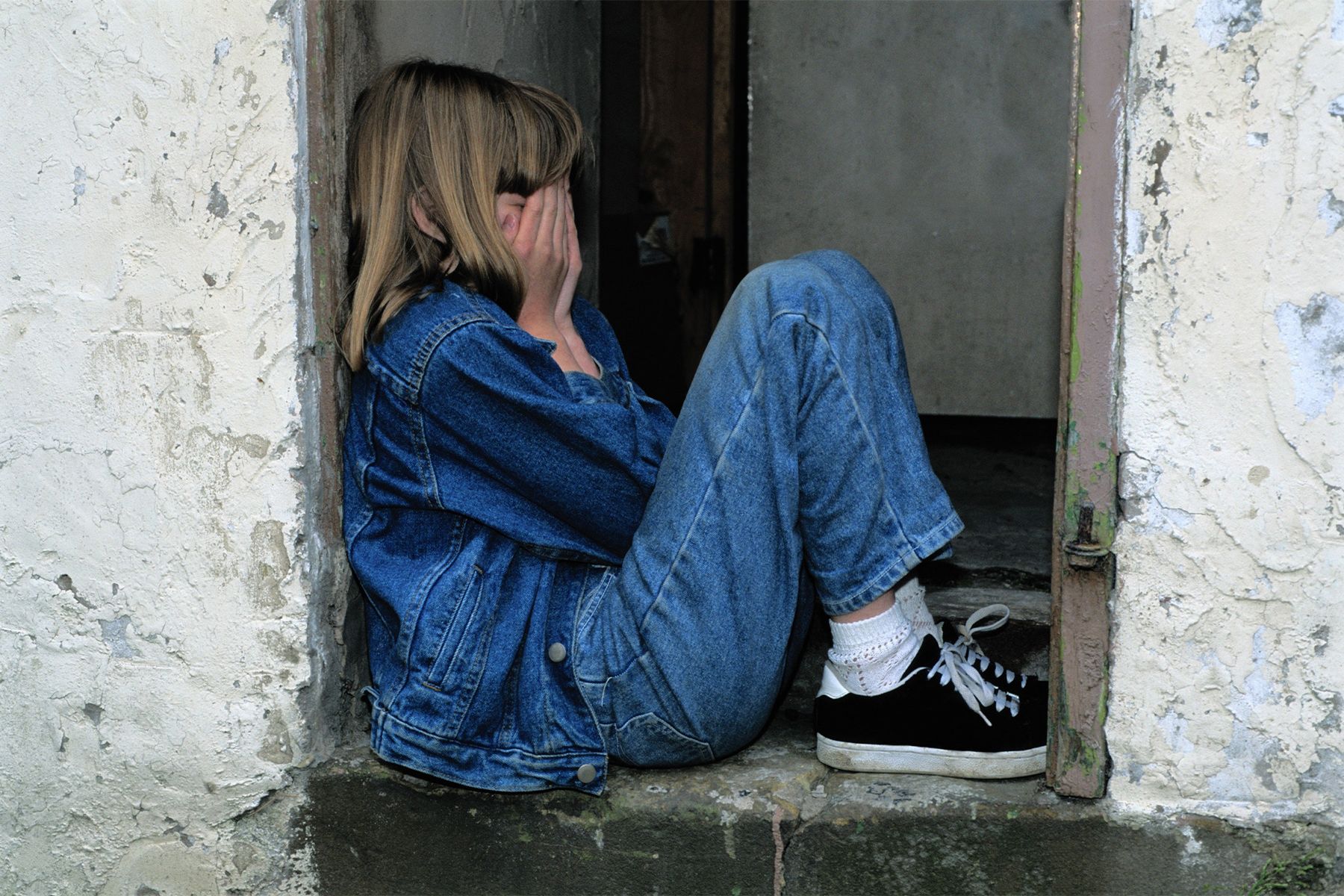
Hena Khan is a Pakistani-American Muslim author who was born and raised in Maryland, and in this op-ed, she discusses how we should talk to children about hate speech against Muslims.
Here are some snippets from her powerful piece:
— Almost half of American Muslim children experience bullying or discrimination in school, according to nationally representative data published in 2017 by the Institute of Social Policy and Understanding. And, as analysts point out, if this is what is being reported, in all likelihood the numbers are higher.
— I regularly hear alarming stories of Muslim girls getting their hijabs yanked off. Muslim children are being singled out and harassed for their faith by fellow students and sometimes even teachers and administrators. In one case that made national news last year, an young child received sloppily handwritten death threats in her cubby, of all places.
— As a mother who remembers what it was like to grow up as a minority and to feel different, I often ask my children about how they are treated by their peers. Over the years I posed questions they found annoying at times, like “Do you wish you had a different name?” or, “Has anyone said anything mean to you?” My concerns were always dismissed, and I felt grateful to live in an area where diversity is celebrated and international nights are a big deal at schools.
— … a couple of summers ago, I was invited to lead a writing workshop at a summer camp for Muslim children in nearby Bethesda, Maryland. At one point, we discussed microaggressions (commonplace verbal or behavioral indignities), and whether the children had experienced them. A tween in a hijab, born and raised in America, said she often has people compliment her English. Another said she was tired of people asking her where she was from. And then a boy said, “All of us hear things like ‘terrorist,’ ‘Isis’ and ‘Allahu Akbar . . . boom’ all the time.”
— Then, a couple of weeks ago, my middle-schooler came home and for a change shared the painful reality of “jokes” people made at his expense. He told me that “Bin Laden” had been added to his name, that he was asked if he was going to blow things up, and more. Some of the comments were made by people he considered friends, and he didn’t know how to react or respond. To be honest, neither did I at first. But as we talked through it, I told him that he had to take a stand and tell people that it is not okay to make these kinds of comments because they are rooted in hate and anti-Muslim sentiment. And they are as unacceptable as anti-black, antisemitic, anti-LGBT+ or speech against any other group.
— I hope my son does find the courage to stand up for himself. But we, the adults, need to step in and do our jobs as parents, neighbours and educators, and very clearly and loudly declare that it is not okay to say anti-Muslim things. To stem the tide, this needs to be stated explicitly, not lumped generally into other “say no to hate” policies. Just like offensive words targeting other marginalized communities have been called out specifically, sometimes through national media campaigns, we need to do the same in these instances to start changing the culture.



